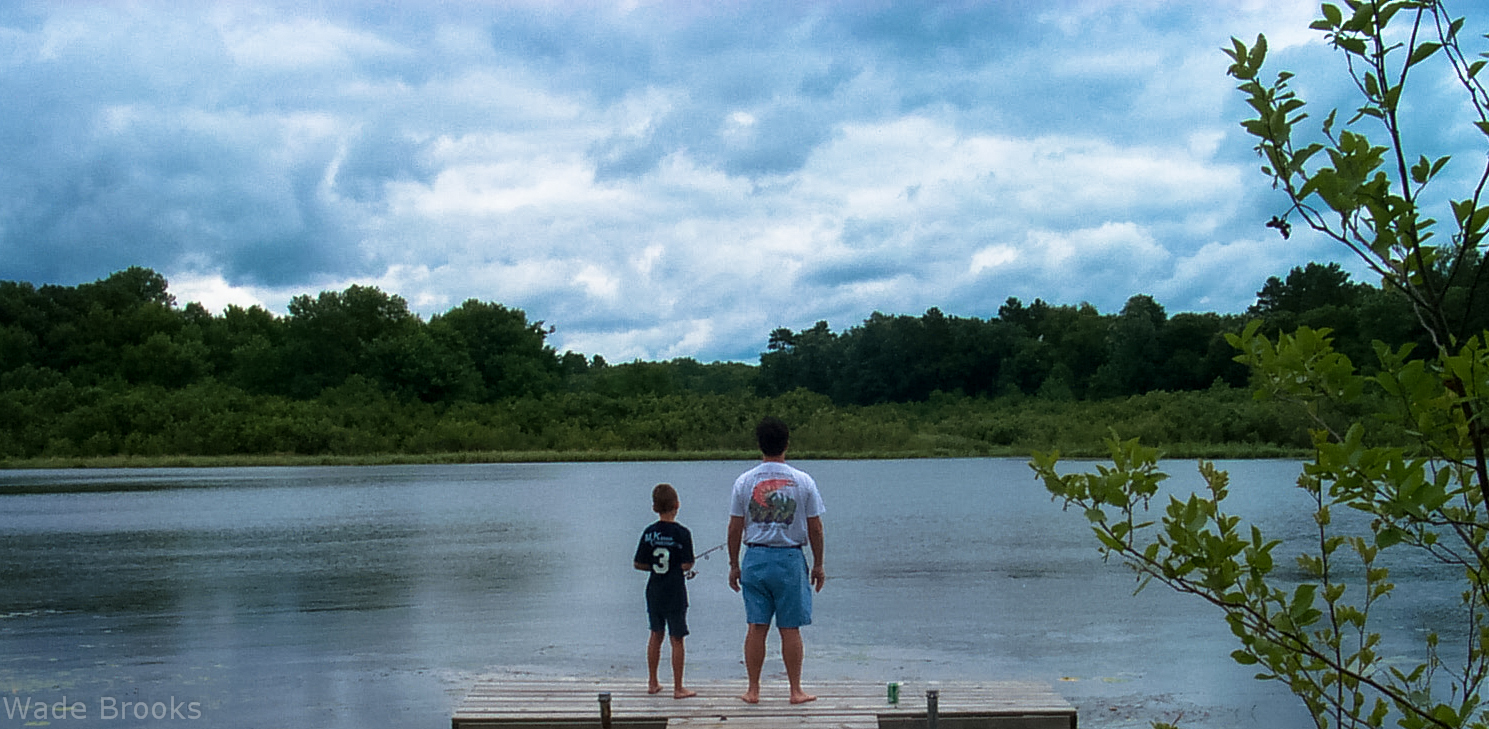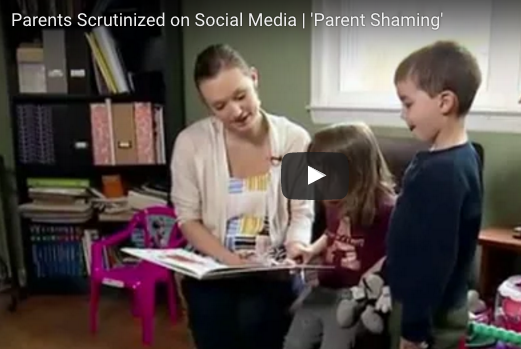As a sociologist who’s done much research on elite performance and productivity, I’ve given a lot of thought to the skills that lead to success in the modern economy.
What I’ve found applies not only to adults, but to kids, including teens graduating from high school this spring. Parents, too, take note: As many graduates look ahead to the future, here are seven learned qualities or characteristics that make teens, as the yearbook might put it, “most likely to succeed”:
They know who they are and what they want. A key component of grit is intrinsic interest. This is distinct from knowing what we – their parents and teachers and the adult culture – want for them, who we think they are or who we think they should be. For teens to succeed, they must do the work that is most important to them. Understanding the positive impact they can have on the world and other people will provide them with a tremendous source of energy and motivation.
They’re able to command their own attention. Teens can’t persist in pursuing their long-term goals if they can’t remember what they’re doing or why they’re doing it. In a world where corporations pay per view to rule teens’ concentration and interest, and where social media and gaming empires depend on their ability to command kids’ attention, successful teens are somehow still able to stay focused on their objectives. They study when they need to study, sleep when they need to sleep, exercise and are fully present for their friends and family. Against all odds, they cope effectively with the digital temptations that surround them. They use computers and smartphones strategically – rather than compulsively – as tools that make them more efficient, effective, connected and creative, instead of just being distracted and drained by electronics.
One thing I don’t think teens need to succeed is more ambition. Click To Tweet
They turn away from instant and shallow pursuits to think deeply. Business writer Eric Barker calls this “the superpower of the 21st century.” Georgetown University professor Cal Newport writes in his treatise on focus, “Deep Work,” that “the ability to perform deep work is becoming increasingly rare at exactly the same time it is becoming increasingly valuable in our economy. As a consequence, the few who cultivate this skill, and then make it the core of their working life, will thrive.”
They effortlessly generate creative insights. The key word here is “effortlessly;” we don’t find innovative solutions to real world, unpredictable problems through relentless hard work. The most successful teens will be those who still value activities that lead to creativity. In a world which disparages unstructured play, free time and noncompetitive artistic expression – in lieu of highly structured sports, elite performing arts and AP classes – these teens have the courage to nap, play and stare into space while everyone else skips breakfast in order to cram for the next exam.
They’re authentic and emotionally courageous. They are willing to feel what they feel, and that gives them access to the wisdom of their hearts. Because they are willing to experience tough emotions, such as disappointment, embarrassment and frustration, these teens are gritty. Being willing to risk feeling difficult emotions enables them to persist toward their long-term goals. They are able to take risks, have difficult conversations and stay true to what they know is right.
They’re happy. It’s easy in adolescence to succumb to the coolness of cynicism. Successful teens, however, understand that cynicism is a marker of fear, not intelligence. Kids who consciously cultivate gratitude, love, happiness, peace, awe, inspiration, optimism and faith broaden their perception in the moment and build resources over time. Their ability to foster positive emotions allows them to access their most high-functioning, creative and intelligent selves. Because of this, they are more engaged at school and with their friends, families and communities than their less positive peers.
They are connected. These teens innately understand the transcendent importance of their peer relationships. They smile at people they don’t yet know and invest deeply in and rely on relationships with friends and family. Because of these bonds, they will be statistically less likely to experience sadness, loneliness, low self-esteem and problems with eating and sleeping than those who keep others at a distance.
This isn’t all kids need to succeed, of course. To develop their talents, for example, they also need growth mindsets, good coaches and the ability and desire to hone their skills by engaging in deliberate practice, or consistently practicing to reach specific objectives.
But one thing I don’t think they need is more ambition.
Usually we think of the most ambitious kids as the ones who are also most likely to succeed. But more often than not, such striving leads to the kind of stress and anxiety that seems to be hamstringing our kids today. Too much ambition causes kids to focus on themselves even more than they’re already prone to, and as Wharton psychologist Adam Grant’s research has shown, this won’t lead to success at work.
Nor will extreme ambition lead to happiness in life. My daughter Fiona has a ceramic sign on her wall that says, “The measure of my success is my happiness.” It’s when success is defined that way that I think she – and all of our kids – are most likely to succeed.










